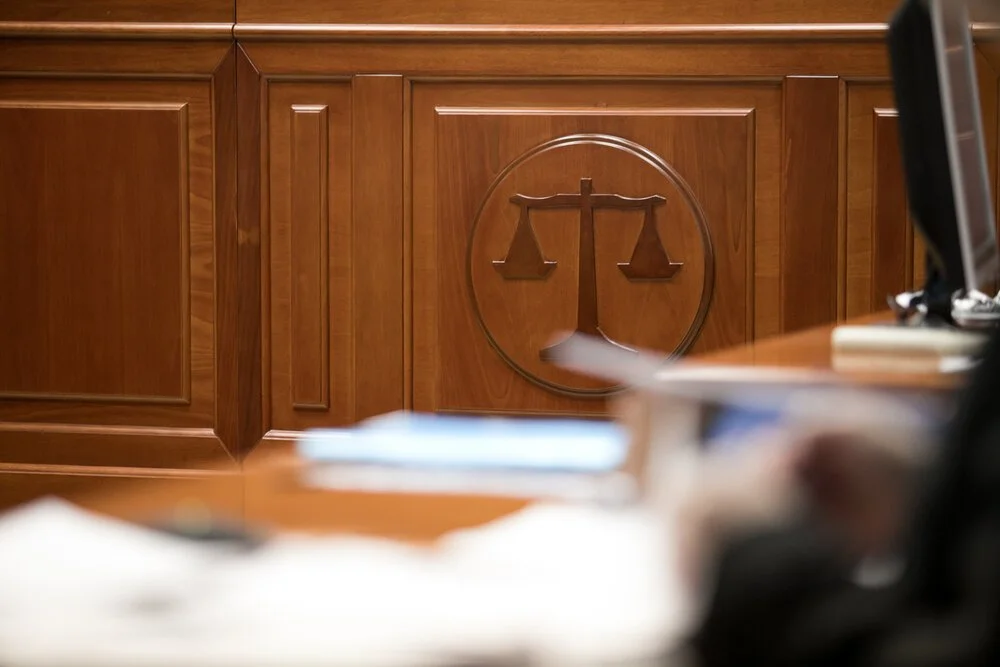A version of this article appears on NJ Spotlight News
Jessica Kitson and Michael Noveck
Across the country, COVID-19 highlighted long-standing systemic challenges that left many families even more vulnerable in the aftermath of the pandemic. In New Jersey, this was especially true for the state’s eviction process. As an overwhelming number of pending evictions continues to accumulate, the New Jersey Supreme Court has an opportunity to consider changes in landlord-tenant court procedures to make the eviction process fairer for both landlords and tenants, and especially those who do not have attorneys to assist them.
On April 21, 2021, the New Jersey Supreme Court released a report containing a series of proposals that would result in significant and much-needed overhauls to how landlord-tenant cases are handled in the state. After careful analysis of its contents, a coalition of 25 housing and racial justice organizations across the state, including ours, submitted written comments in response to the report, relying on our experience as attorneys and the lived experience of our clients and the thousands of similarly situated individuals without access to legal services.
As the committee’s report acknowledged, “the Judiciary must prioritize neutrality, transparency, and access so as to safeguard the rights of all parties, including those who navigate the court process without legal representation.” The Supreme Court now has important decisions to make as they attempt to ensure those safeguards are in place when landlord-tenant trials resume, especially vital in a docket where nearly 99% of tenants are unrepresented.
We applaud the Supreme Court’s commitment to reexamining and reimagining the landlord-tenant process in New Jersey to make it more equitable for all litigants. The Special Committee that drafted the report kept this vision central to its work. Some courts, faced with the coming tsunami of eviction filings in the wake of the eviction moratorium, would have made docket clearance their goal; our court made fairness its goal.
While this work is especially important given the pandemic and the increased vulnerabilities that many New Jerseyans are facing as a result, these reforms were desperately needed long before COVID-19. The current system is in fact quite broken and susceptible to bad actors making use of the court process to take advantage of scared and vulnerable tenants on the day of trial. For far too long, New Jersey’s landlord-tenant courts have functioned in a way that disadvantaged tenants and failed to protect basic due-process rights of unrepresented litigants.
For these reasons, we strongly support many of the recommendations of the Special Committee. The recommendations envision a landlord-tenant court where pleadings are reviewed pre-trial for legal sufficiency, and where tenants receive more opportunities and time to understand possible legal defenses and can access critical legal and social services, including rental assistance.
We also urge the Court to take additional steps necessary to make the landlord-tenant courts fair and equitable.
First, the Court should implement a comprehensive form we proposed that would allow tenants to identify their defenses to an eviction action.
Second, the Court should not adopt settlement forms in which tenants have judgments entered against them while they are still in compliance with a repayment agreement or other settlement terms that allow them to stay in their home. Such a practice does not happen in any other docket and makes it much more difficult for tenants to rent apartments in the future.
Third, the Court should not require a tenant who needs a postponement of a trial to first deposit money with the court. Finally, when landlord-tenant trials resume, we urge the courts to recognize the challenges many community members — especially those who are older, lower-income or with limited English proficiency — will face in accessing remote proceedings and ensure that proper accommodations and protections are in place as safeguards for those litigants.
The Special Committee’s work is a significant step in fixing a very broken system. The Supreme Court now has the opportunity to shore up the foundation of the landlord-tenant court process in New Jersey before trials resume and hundreds of thousands of New Jerseyans face the threat of eviction and homelessness.

